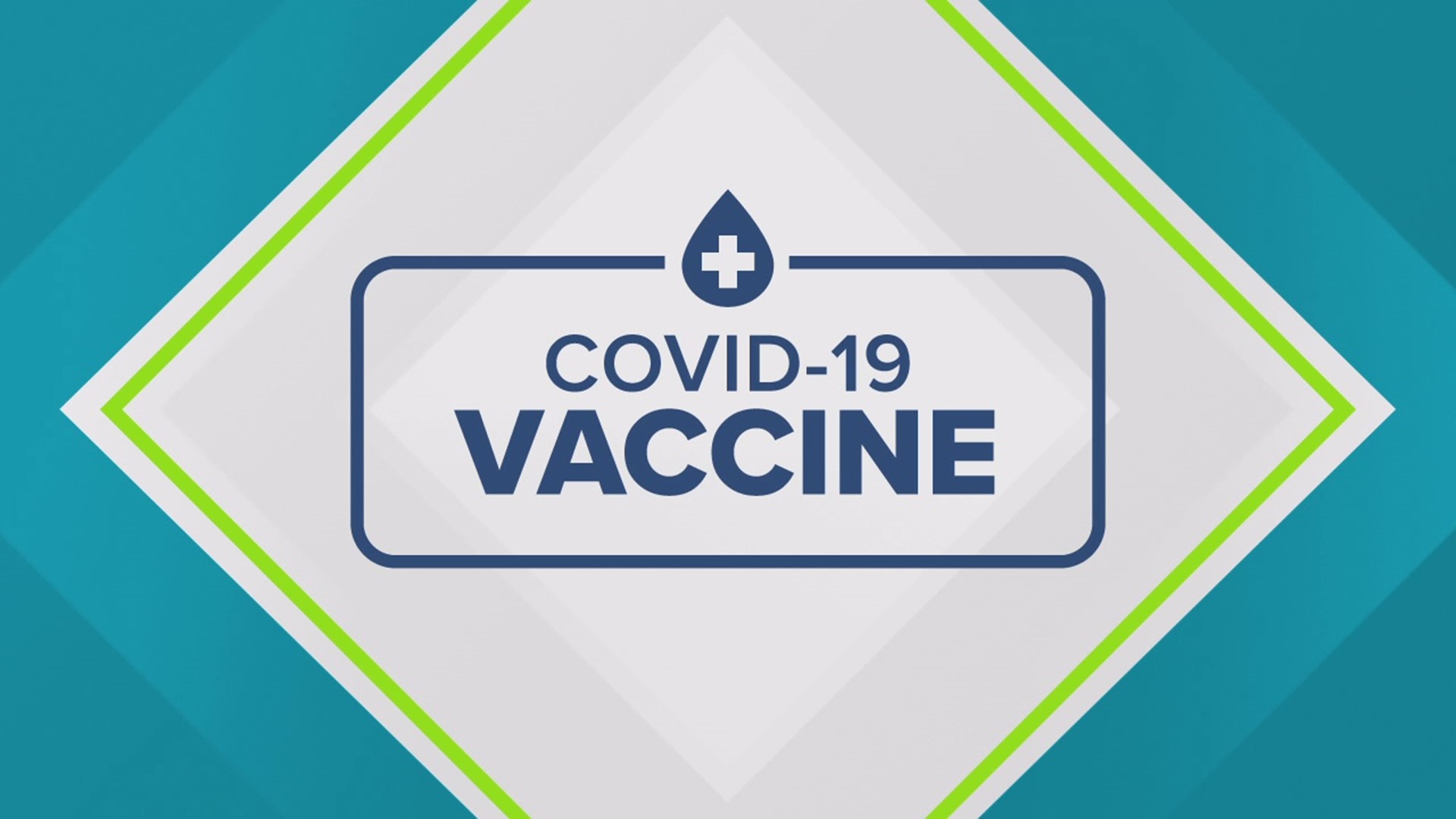DES MOINES, Iowa — Many employees in the United States are thinking about filing—or have already filed—religious exemptions to the vaccine requirements enacted by President Biden in September.
The requirement affects employers with more than 100 workers and health facilities that receive Medicare or Medicaid, for a total of nearly 100 million Americans.
Employment, discrimination and civil rights lawyer Leonard Bates told Local 5 what employers and employees need to know about the legal intricacies of religious exemptions.
For employers
Ask follow-up questions
"Keep in mind that it's okay to ask questions about sincerely held religious beliefs and vaccinations, so long as they're being consistent with all employees who make reasonable accommodation requests for religion," Bates said.
You have the right to fire someone who refuses to get vaccinated, even with a religious exemption
"An example that comes to mind is an employee who has a sincerely held religious belief but works at a nursing home, where people are at extremely high risk to exposure to COVID," Bates said. "Whether they're vaccinated or not, an undue hardship would be another reason why the employer could require a vaccination.
For employees
If you want to file a religious exemption, you need some documentation of your sincerely held religious belief.
"Be open and honest with your employer about those beliefs, and be prepared to gather a statement or note from your religious leaders or hopefully gather some information that lets the employer be able to understand why your religion has this belief when it comes to this new COVID vaccination," Bates said.
WATCH | Connect the Dots: Iowa's vaccine mandate laws

